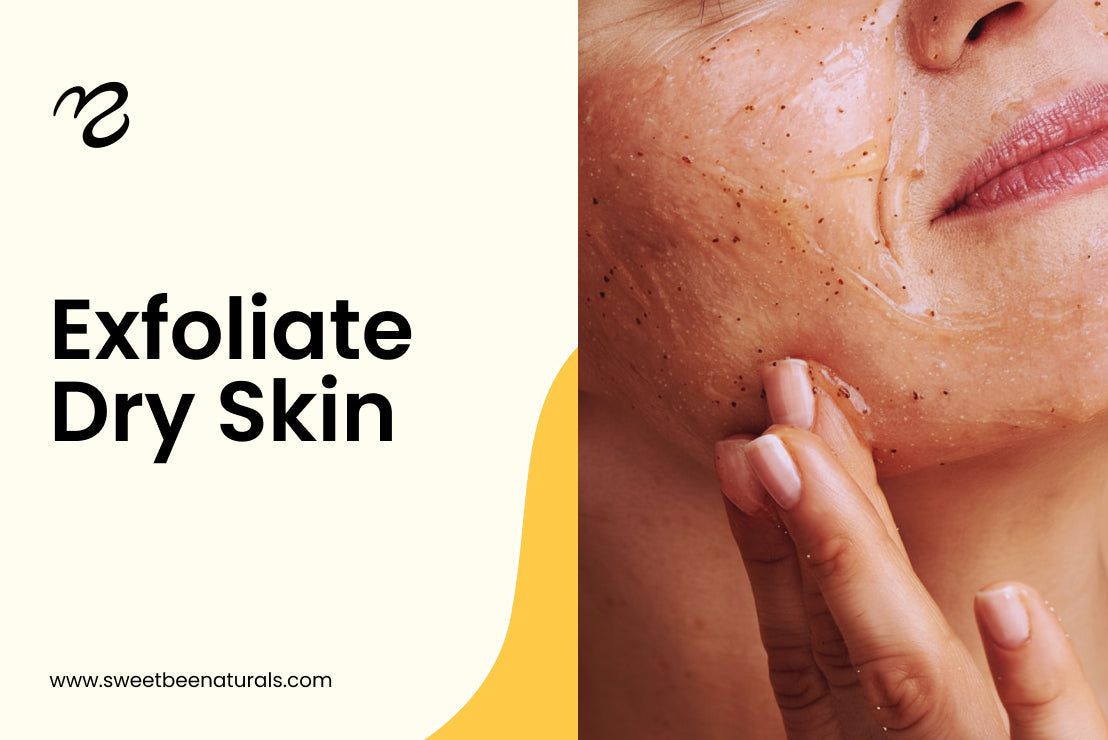Are you struggling with your skin problems despite using skincare products? According to the American Academy of Dermatology, more than 50 million people in the U.S. deal with acne and sensitive skin each year. But the good news is that nature has provided us with a solution in the form of rosehip oil.
Rosehip oil is a natural solution to various skin problems. It has multiple natural ingredients, including vitamins, antioxidants, and fatty acids.
These ingredients naturally brighten your skin, help remove scars, treat acne, and improve skin flexibility. Due to its wide use for skincare, it is also a choice of royals and various celebrities.
But how to use rosehip oil on face? Let's go through the benefits and how to use it correctly.
What Is Rosehip Oil?

Unlike other rose oils, rosehip oil is not extracted from the petals of the rose. Instead, it is achieved by crushing the fruits and seeds of a plant, known as the Rosa canina bush. It does not have a floral smell. Instead, it has an earthy aroma.
Rosehip oil is renowned for its rich content of
- Natural vitamins A, C, and E
- Essential fatty acids such as linoleic and linolenic acid
These nutrients can help your skin heal, strengthen its protective barrier, and reduce signs of aging, such as wrinkles and fine lines.
Is Rosehip Seed Oil Good for Skin?
Rosehip oil is suitable for all skin types and offers specific benefits for those with
- Oily skin
- Dry skin
- Acne-prone skin
Due to its natural vitamins and fats, it is also tolerated by sensitive skin.
If you have oily skin and need a moisturizer that hydrates without leaving a greasy residue, rosehip oil is an excellent choice. Moreover, it is also effective in reducing discoloration and fine lines.
Top 6 Benefits of Rose Oil in Skin Care

Now that we know rosehip oil is good for the skin, let’s examine its benefits in detail.
1. Fades Scars and Pigmentation
Rosehip oil is rich in vitamin A and retinoids which treat
- Hyperpigmentation
- Dark spots
- Scars
It turns over the skin cells and starts new cell regeneration. Rosehip oil is a better option than synthetic retinol as it does not have any side effects.
2. Hydrates Dry and Dehydrated Skin
Rosehip oil is rich in essential fatty acids, including linoleic and linolenic acid. These nutrients help strengthen your skin barrier and lock in moisture.
3. Helps Your Skin Make More Collagen
Rosehip oil has antioxidants that promote collagen production. Collagen increases the skin's elasticity and fades its scars.
4. Brightens Dull, Uneven Skin Tone
Rosehip oil contains vitamin C, a well-known antioxidant. As we all know, antioxidants brighten the complexion, so rosehip oil also plays a role in smoothing your uneven skin tone.
5. Calms Redness and Irritation
Rosehip oil is rich in soothing ingredients, including
- Vitamin E
- Anthocyanins.
These are very helpful to reduce inflammation. Furthermore, it can be especially beneficial if you have skin issues such as eczema, rosacea, or irritation caused by factors like weather or pollution.
6. Diminishes the Appearance of Stretch Marks
Rosehip oil is beneficial in reducing stretch marks, as it increases the elasticity of your skin and helps regenerate cells.
How to Use Rosehip Oil on Face?

You must know how to use rosehip oil effectively for maximum outcomes. Here is how to use rosehip oil on the face.
Step 1: Start with a Clean Face
Firstly, wash your face with soap or cleanser to remove dirt or other pollutants and dry your skin with a towel.
Step 2: Add a Few Drops of Rosehip Oil
Now, apply only two to three drops of Rosehip oil to your face by using your fingertips. A few drops are enough for the whole face without leaving a greasy effect.
Step 3: Gently Massage It In
Now gently massage your face with your fingers. Move your fingers in the upward cycles. Pay more attention to the uneven tone, scars, and acne spots to get better results.
Step 4: Apply Your Moisturizer
Let the oil soak into your skin for 30 to 60 seconds. After that, apply skin balm or moisturizer to your skin.
Pro Tip: If you have sensitive skin, perform a patch test first to ensure the oil does not irritate your skin.
When and How Often to Use Rosehip Oil
Applying rosehip oil on your skin twice a day gives good results. However, incorporating it into your nighttime skincare routine is more effective, as it works in conjunction with your body’s natural healing process.
It is recommended for people with sensitive skin to use it two to three times a week. And then increase its use gradually. Once your skin gets used to it, you can add it to your skincare routine, twice a day.
Common Mistakes to Avoid When Using Rosehip Oil
Even with natural products, misuse can compromise results. Here are the key mistakes to avoid:
- Using too much oil
- Applying oil to open wounds or active breakouts
- Skipping SPF
- Not storing properly
The Bottom Line
Rosehip oil offers numerous skin benefits. It is scientifically approved that it contains multiple vitamins and fatty acids that make it highly recommended for various skincare problems. It is a superior alternative to various synthetic skincare products, offering no side effects.
Rosehip oil is suitable for all skin types, including sensitive, dry, oily, and acne-prone skin. Moreover, it
- hydrates the skin
- increases its elasticity
- regenerates new cells
After knowing the benefits of natural products, if you are looking for a place where you can get 100% natural skincare products, visit Sweet Bee Magic. Our products are made of all-natural ingredients and are suitable for all skin types.



